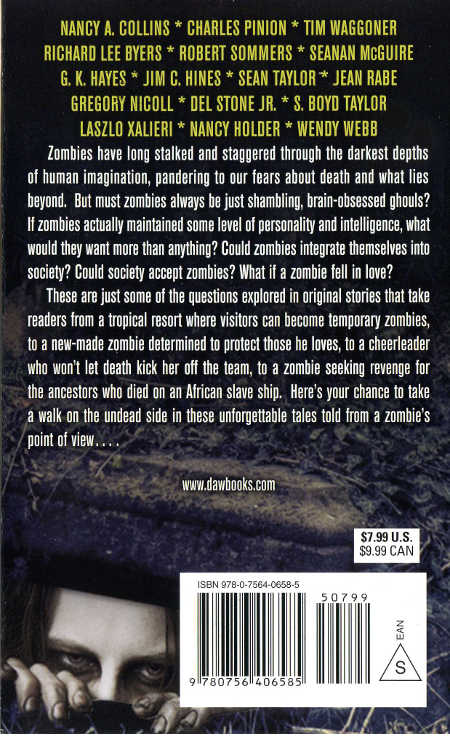Have you ever had one of those arguments with a family member or a good friend where both of you have different ideas of how a certain set of events unfolded, or maybe two totally different set of memories of a place or a moment or an object — and I’m not talking about questioning someone’s motivations or something squishy like that. I’m talking about something more concrete. Something difference of opinion doesn’t cover, because the disagreement is over concrete, observable fact.
Stuff that shouldn’t be a matter of opinion. Stuff that happened.
I’m sure you remember having one of those arguments where the thought of relinquishing what you thought you knew would be prying up a finger on your grip on reality. In most of those circumstances, one person is right and one person is wrong. Someone just has a faulty memory.
But one out of a hundred, maybe one out of a thousand…
If two people view the same object from different angles, they receive different information about that object. If those two viewpoints compare notes, they can usually create a three-dimensional sketch of the object in question — one that justifies the differences in what each person saw.
If those same two people are moving with respect to each other, not only do they get different viewpoints, but they also get different perceptions of the forces involved in an event. Causality is gets warped. It’s only by referring to a stationary (or at least an agreed-upon) reference frame that the two different interpretations can be resolved against each other. And the larger the difference in speeds and accelerations, the more those differences spread to not just perceptions but measurements of mass and distance and time, and the more impossible it becomes to pick a neutral frame of reference.
I’m not going to resort to the math here, or even an elaborate thought experiment, but the universe doesn’t just look different depending on where you stand. It is different, and you can only see the parts of it that are consistent with who you are, what you’re made of, and where you stand. That’s no metaphor — that’s actually literally true.
And maybe all that stuff we can’t see — the stuff that happened but not from our point of view, the aggregate of might-have-been universes that actually were and are from some other viewpoint — maybe the actualities we can’t see from here, the shrapnel of collapsed wave functions, as it were, actually have mass that can affect us, can affect the reality we can see, and that’s what dark matter is.
If we invoke the holographic principle, we should be able to, at least within the limits of the slope of our light-cone, navigate these other probabilities-cum-actualities, especially at points of overlap where branes theoretically could interlace, where objects and events could occupy the same states because they’d be there no matter which forks through labyrinthine causality they took….
And the scary part of that is that each of us could come from a past that is different and head into a future that is different from that experienced by anyone else we might meet. At less than light speed, the realities involved can’t be that different from each other, not plausibly, but maybe, for those one-in-a-hundred times we can’t agree on something we saw, maybe one-in-a-thousand times, maybe we’re both right. And maybe the path not taken has a kind of weight, a physical form of regret, that affects our future paths forever.
[*]









